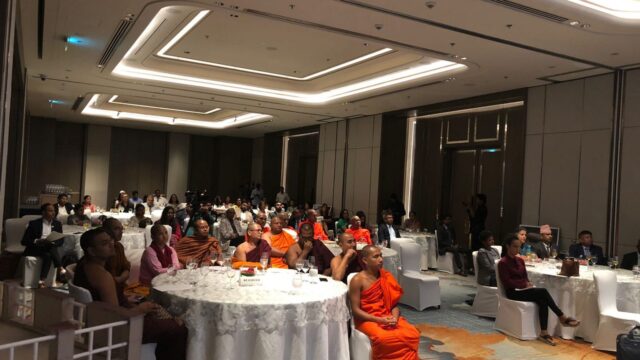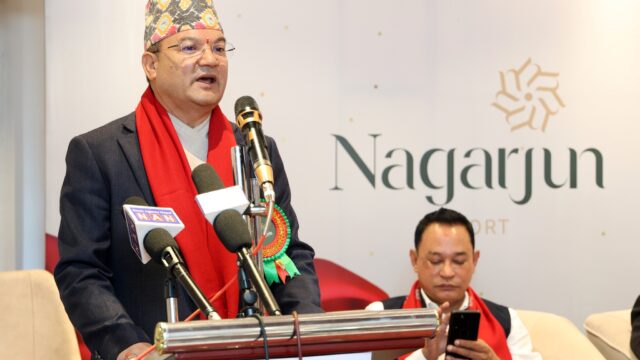The Central Zoo, located in Jawalakhel, Lalitpur, has seen a remarkable increase in the number of visitors in recent weeks following a strategic change in its operating hours.
Extended Evening Hours Attract More Visitors
The Central Zoo, the only national zoo of Nepal, has recently revised its visiting hours to accommodate more visitors, particularly during the evening. Since April 14, the zoo management introduced a new provision allowing entry to visitors until 7:00 PM, extending the previous closing time by two hours.
Earlier, the zoo operated between 10:00 AM and 5:00 PM, which often restricted working individuals and evening explorers from visiting. Recognizing the demand for more flexible visiting hours, especially during the spring and early summer season, the zoo management made the change to encourage greater public participation and improve visitor convenience.
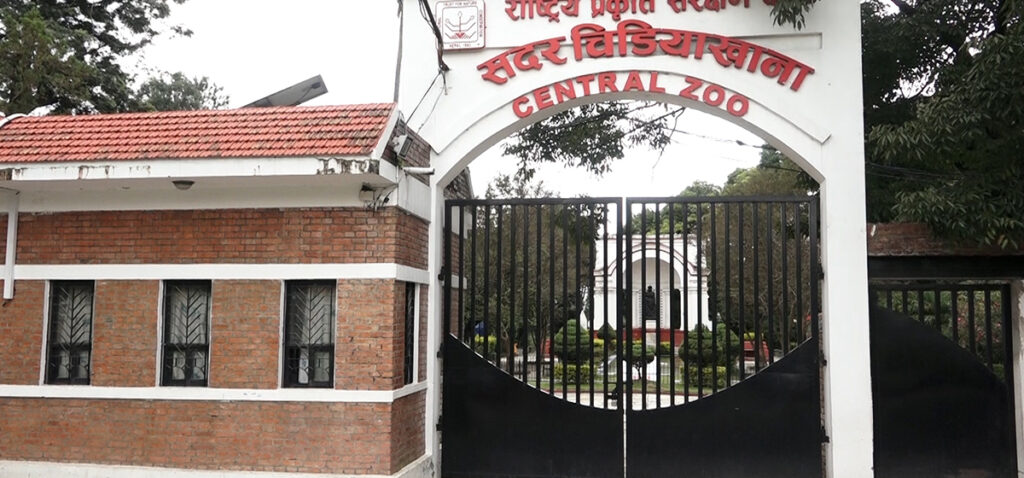
Sharp Increase in Visitor Footfall
The impact of the extended hours has been clearly reflected in the zoo’s attendance data. According to Satya Narayan Sah, the Chief of Central Zoo, 99,219 people visited the zoo between April 28 and May 29 following the implementation of the new timing.
In contrast, only 84,336 visitors had entered the zoo during a similar period, from April 27 to May 28, 2024, before the evening schedule extension was introduced. This shows a significant increase of 14,883 visitors in just one month, suggesting that the decision to extend operating hours has been highly effective in attracting more people.
Increase in Revenue Generation
Along with the rise in footfall, the zoo has also experienced a boost in its revenue. Chief Sah noted that the increased number of visitors resulted in an additional income of approximately 2.5 million Nepalese rupees. This is an encouraging sign not only for the zoo’s financial sustainability but also for its future development and maintenance.
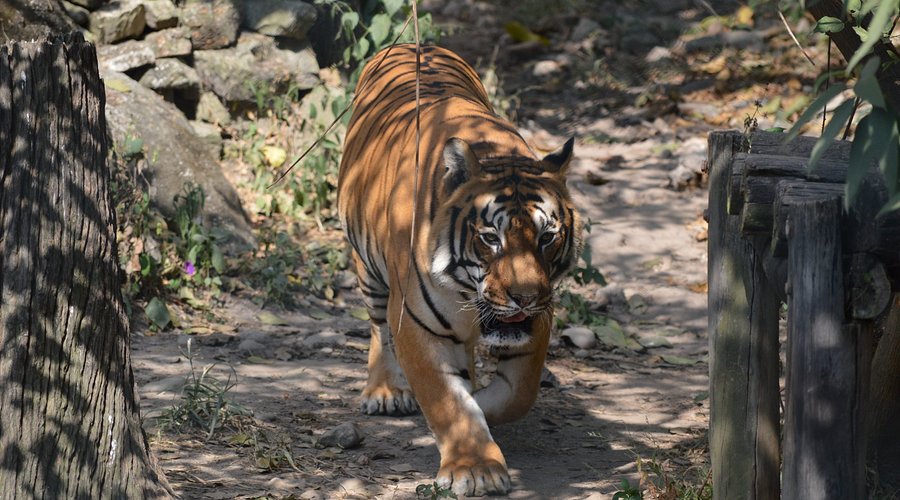
The income generated through ticket sales directly contributes to animal care, habitat maintenance, educational programs, and facility improvements at the zoo. The financial upswing may allow the zoo to expand its services and implement new conservation-oriented initiatives.
Evening Experience Popular Among Families and Youth
The extension of zoo hours has proven to be particularly popular among working professionals, school groups, and families who now have more time to enjoy the facility after regular hours. The cooler evening temperatures and the ambient atmosphere have made the zoo a more comfortable place to explore in the evenings.
Visitors have expressed appreciation for the relaxed environment and the chance to see some animals, such as nocturnal species, that are more active during the early evening hours. The zoo is currently home to more than 870 animals representing 110 species, including endangered animals like the Royal Bengal Tiger, One-Horned Rhinoceros, and Red Panda.
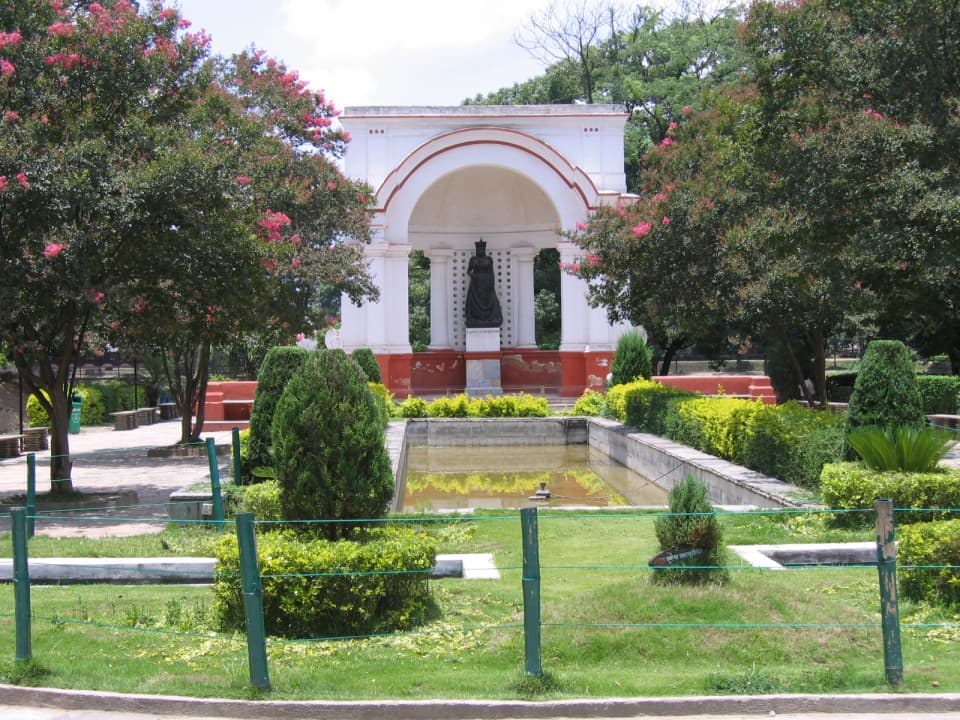
Zoo’s Role in Conservation and Education
Operated by the National Trust for Nature Conservation (NTNC), the Central Zoo not only provides recreational services but also plays a crucial role in wildlife conservation, public education, and research. The facility frequently conducts awareness programs on biodiversity, endangered species, and environmental preservation, especially targeting school children and college students.
By attracting more visitors through extended hours, the zoo also increases its outreach capacity to educate the public on conservation issues. Zoo authorities believe that such steps will lead to a more wildlife-conscious generation.
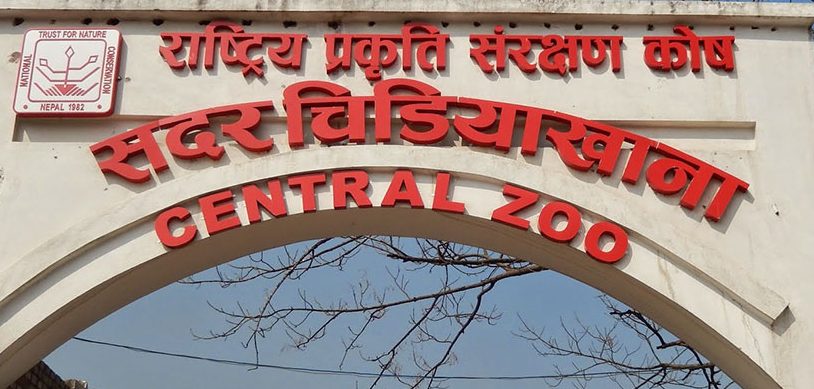
Future Plans and Suggestions
Following the successful implementation of evening hours, the zoo management is now considering other visitor-friendly initiatives. These include special evening packages, guided night tours, interactive educational sessions, and enhanced lighting and safety measures to ensure a pleasant and secure experience after dark. Environmentalists and conservationists have praised the move, noting that higher public engagement could result in increased awareness and funding for wildlife protection.
The Central Zoo’s decision to extend visiting hours until 7:00 PM has had a clearly positive impact, resulting in a sharp increase in visitor numbers and revenue. The initiative demonstrates how strategic operational changes can enhance public engagement while contributing to conservation goals. With ongoing support and innovative ideas, the zoo is likely to continue growing as one of Nepal’s leading destinations for education, recreation, and wildlife preservation.


